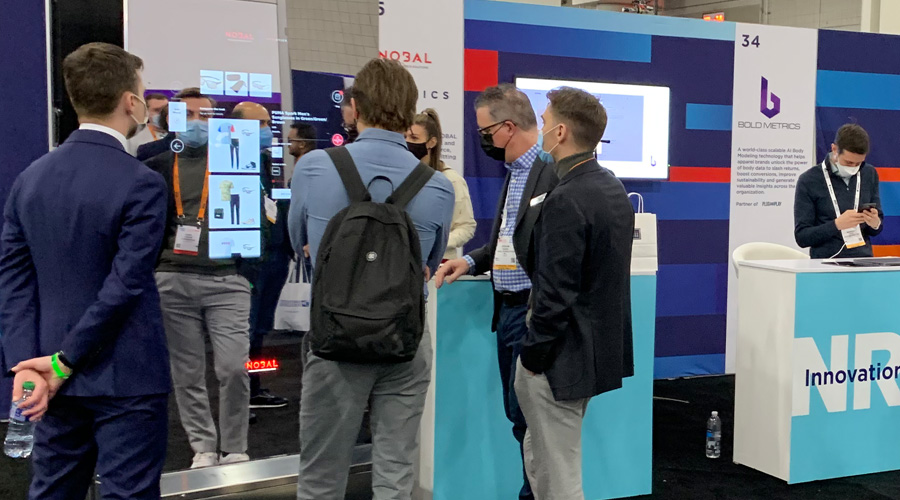Article Highlights:
While the mainstream media says the current labor shortage is due to the great resignation, the situation is actually a lot more complicated. Recent data from the Bureau of Labor Statistics revealed that 4.4 million Americans left their jobs in September, which was a record number. Meanwhile, the number of job openings remained stagnant at around 10 million. For the retail industry, the labor shortage is hitting hard, in addition to dealing with supply chain disruptions, inflation and rapidly changing consumer preferences. But what is really behind these challenges and its impact on both talent and creating a better shopping experience? A recent survey of retail executives, managers and retail owners found the following:
- 39 percent said the current labor shortage is “very disruptive.” When asked about the challenges and priorities facing retailers from a store operations level, hiring, retaining, and scheduling employees were among the top concerns.
- The survey also asked respondents to rank workforce-related challenges. Recruiting qualified workers came in at number one followed by employee retention and then effective employee scheduling. Tied for fourth was employee communications and training.
- Regarding the level of commitment for using technology to address various workforce operation tasks, most respondents said it was a top priority. This included technology to improve workforce scheduling, store tasking/compliance, tracking store KPIs, employee communication and engagement, employee shift exchange, and optimizing payroll budgets
- The results make it clear that from a store-level, operational perspective, merchants are challenged on several fronts. With supply chain disruptions, it’s out of most merchant’s ability to control. But with workforces issues, it’s another story as technology can help.
- Associates want to be more in control of when they work, when they are available to work week to week, and they want to have the ability to exchange shifts with other associates or pick up new shifts when it’s convenient for them – all with a newfound reduced tolerance for the opinions of management in the approval process. And taking a blanket approach by “throwing money at them” is not a long term solution.
- Providing an effective forum for associates to express opinions, share stories and interact with each other is a growing demand. Store associates want to be heard, and without being moderated.
- There needs to be urgency on addressing associate needs. Retailers have long touted customer centricity, but they’ve failed to understand the role of the store associate in effective shopper engagement.
- Deploying employee engagement tools that link scheduling, communications, tasking, events and performance in one place has become the key ingredient in driving that store staff culture, commitment and engagement that is critical in both retention and recruitment.







